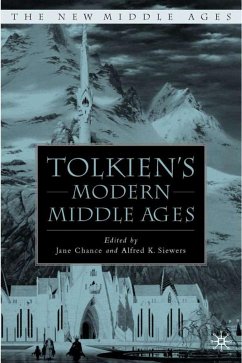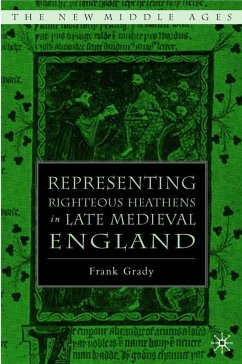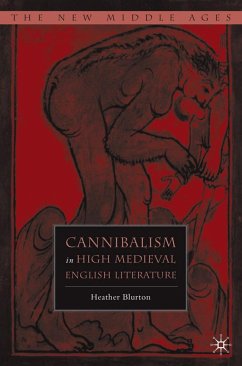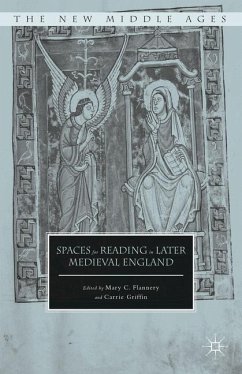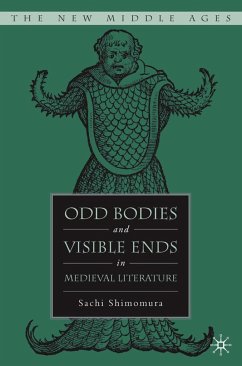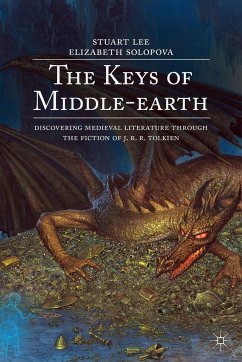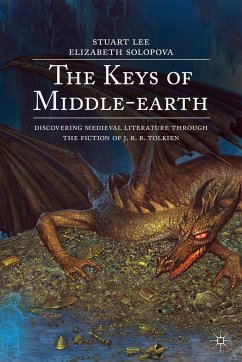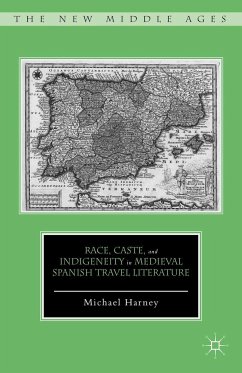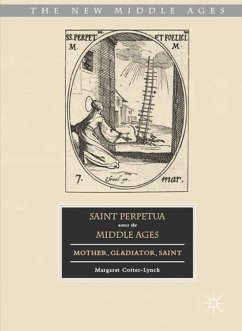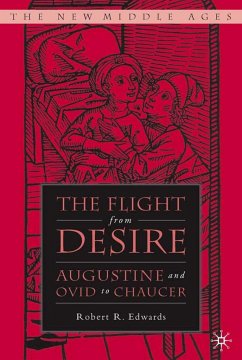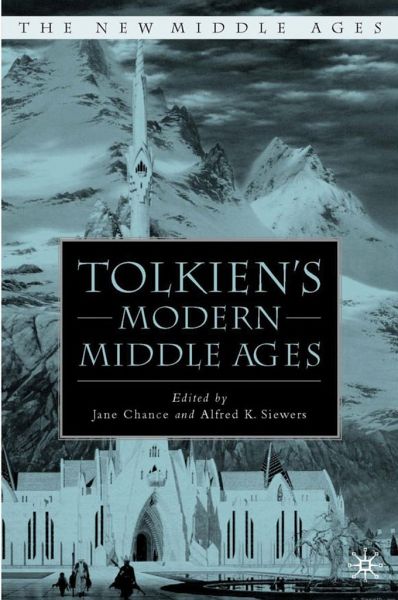
Tolkien's Modern Middle Ages
Versandkostenfrei!
Versandfertig in über 4 Wochen
75,99 €
inkl. MwSt.

PAYBACK Punkte
38 °P sammeln!
J.R.R. Tolkien delved into the Middle Ages to create a critique of the modern world in his fantasy, yet did so in a form of modernist literature with postmodern implications and huge commercial success. These essays examine that paradox and its significance in understanding the intersection between traditionalist and counter-culture criticisms of the modern. The approach helps to explain the popularity of his works, the way in which they continue to be brought into dialogue with Twenty-First century issues, and their contested literary significance in the academy.





